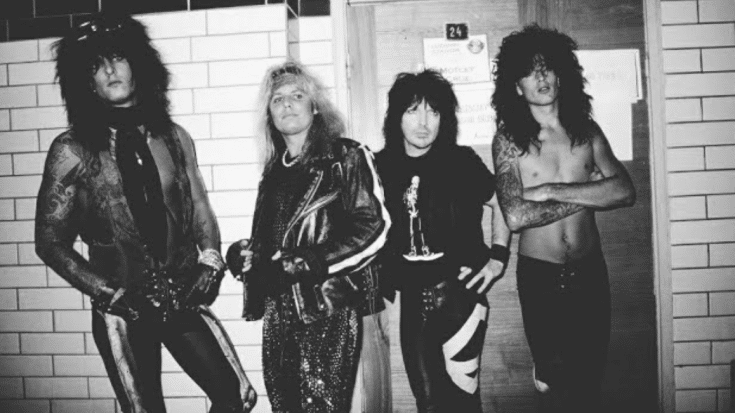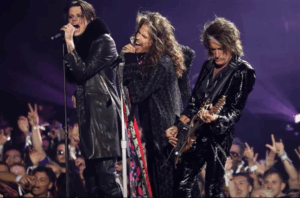8 Rock Bands Who Got Famous for the Wrong Reasons

via Exocetlovein14 / YouTube
While many classic rock bands achieved fame through their musical talents, some gained notoriety for reasons beyond their music. Here are eight bands whose fame was amplified by controversial or non-musical factors:
1. The Sex Pistols
View this post on Instagram
The Sex Pistols were known for their rebellious image and provocative behavior. Their 1977 single “God Save the Queen” criticized the British monarchy, leading to a ban by the BBC and widespread public outrage. This controversy overshadowed their musical contributions, making their notoriety a significant aspect of their fame. The band’s confrontational antics, including public altercations and offensive language, often drew more attention than their music, influencing public perception and solidifying their place in punk rock history.
2. Alice Cooper
View this post on Instagram
Alice Cooper, born Vincent Furnier, gained fame in the 1970s for his theatrical and shocking stage performances. His 1972 hit “School’s Out” faced backlash, with campaigns to ban it from British television due to its perceived negative influence on youth. Cooper’s use of guillotines, electric chairs, and fake blood in his shows often sparked controversy, sometimes overshadowing his musical talents. His recent comments on transgender issues have also attracted criticism, affecting his public image and leading to professional repercussions.
3. Jerry Lee Lewis
View this post on Instagram
Jerry Lee Lewis, known for his energetic piano performances, faced a major scandal when he married his 13-year-old cousin once removed. This revelation caused public outrage and significantly impacted his career, with many focusing more on his personal life than his musical talent. The controversy led to a decline in his popularity, raising questions about the separation of an artist’s personal actions from their professional achievements.
4. Iggy and The Stooges
View this post on Instagram
Iggy Pop, the lead singer of The Stooges, was known for his wild on-stage antics, including self-mutilation and leaping into the audience. These shocking performances often drew more attention than the band’s music, leading to a reputation built on stage antics. While their music was influential, the sensationalism surrounding their live shows played a significant role in their fame.
5. Mötley Crüe
View this post on Instagram
Mötley Crüe’s hedonistic lifestyle, filled with excessive partying and legal troubles, often took center stage over their musical output. Their notoriety for off-stage antics contributed significantly to their public image, sometimes eclipsing their artistic endeavors. The band’s exploits became legendary, influencing how they were perceived by both fans and the media.
6. Guns N’ Roses
View this post on Instagram
Guns N’ Roses gained fame in the late 1980s with their debut album “Appetite for Destruction.” While their music was successful, frontman Axl Rose’s erratic behavior and the band’s tumultuous relationships often made headlines. These controversies sometimes drew more attention than their musical achievements, affecting public perception of the band.
7. Twisted Sister
View this post on Instagram
Twisted Sister, known for their hit “We’re Not Gonna Take It,” gained attention in the 1980s for their flamboyant appearance and rebellious attitude. Their music videos featured cross-dressing and defiant themes, leading to criticism and debates about their influence on youth. The band’s clashes with censorship groups and involvement in hearings about explicit content in music further amplified their fame, sometimes overshadowing their musical contributions.
8. The Velvet Underground
View this post on Instagram
The Velvet Underground, though not commercially successful during their active years, became notorious for their association with artist Andy Warhol and controversial themes in their music. Songs addressing drug use and alternative lifestyles, combined with provocative album art, led to limited radio play and public criticism. Their avant-garde approach and the sensationalism surrounding their image contributed to their lasting influence and fame, often eclipsing their musical innovations during their time.













